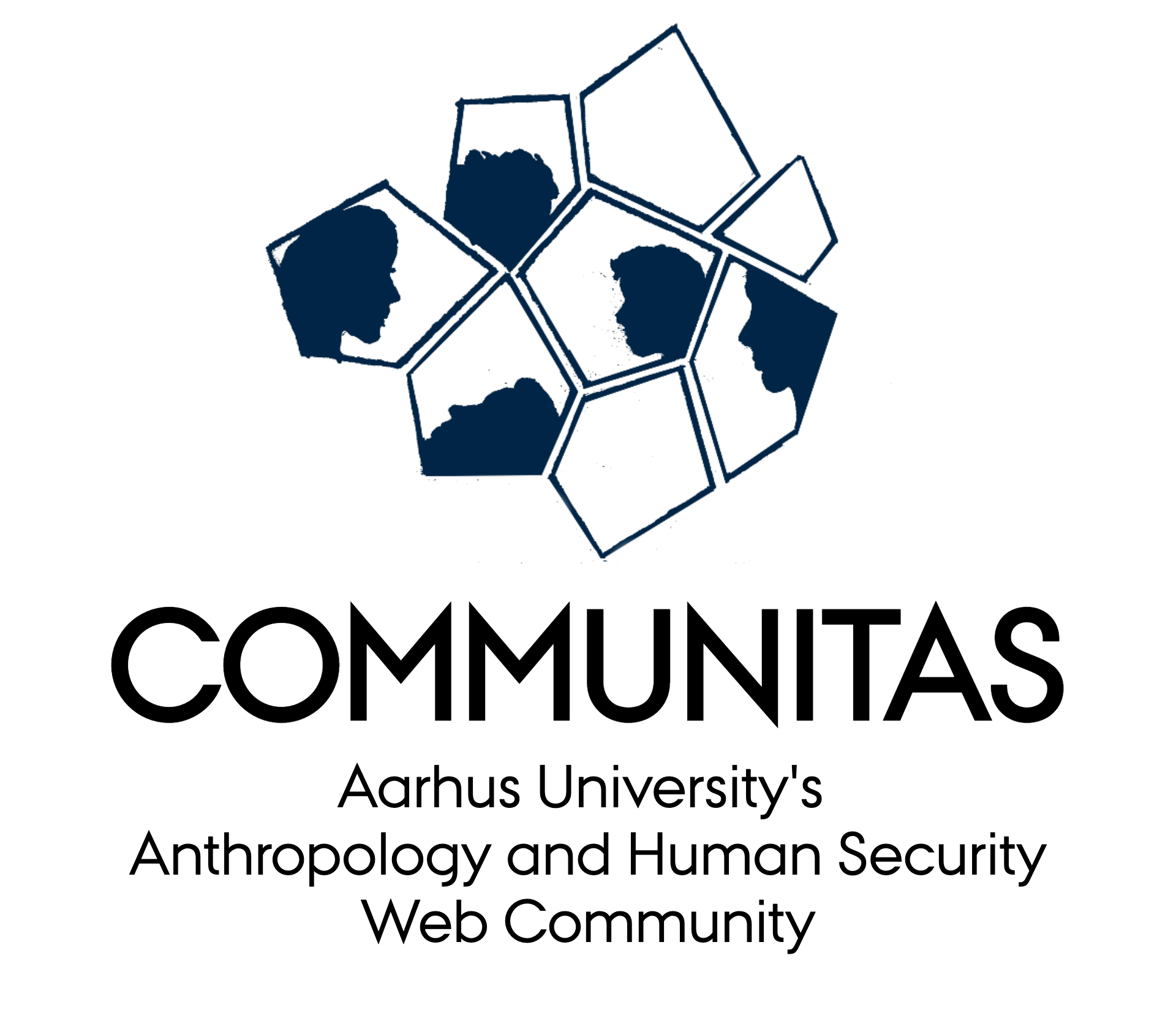Yolanda Schröder, Master’s thesis, Visual Anthropology, Aarhus University, 2017.
Access to the film product “Unity in Exile. Becoming Sahrawi” as part of the thesis is provided with the following link:
https://drive.google.com/file/d/0By22z3NerBCDWEJ5QnNmMi1ndTA/view? usp=sharing
Abstract
The ethnographic film „Unity in Exile. Becoming Sahrawi“ and the related thesis are based on a multisited, three-month fieldwork of which I spent two months in the Sahrawi refugee camp El Aaiun in Algeria. The additional weeks focused on the diaspora group in Germany. The film is the result of an intense exchange with young Sahrawis in the age between eight and thirty who grew up in the camps and of which the majority also spent a longer period abroad before returning to the camps.
Sahrawis are the native population of Western Sahara – a country that is occupied by Morocco since 1975, following Spanish colonialism. Ever since, a great number of the population lives in five refugee camps that are located in the Algerian desert, however having own governmental structures under the liberation movement „Polisario Front“. Due to the long period in exile that is also caused by international political ignorance and passivity towards the conflict, new generations were born and raised outside of their „homeland“. However, Western Sahara remains the key symbol of the Sahrawi struggle and fight for independence.
The fundamental question that the research was based on was how the young generations that grow up in exile construct their relation to the homeland that they have never experienced themselves. How is this omnipresent relation, which forms the basis of continuous political activism, nurtured by public accounts and shared collective memories? An important observation in this context is the duality of perceiving the camps as familiar „home space“ simultaneously with learning about the „other“ home and place of origin. Also, the voluntary return of many Sahrawis from abroad demonstrates how the camps themselves become „home“ and a place to long for: in my view the motivation of Sahrawis to return is not only to support their families but to stay in the familiar space or the place where they know the way of living since their childhood. Considering this duality, film and thesis consequently examine the ways in which the strong relation to Western Sahara is sustained and how young Sahrawis learn to represent and ultimately perform the „true“ discourse of homeland and a unified nation in exile. Therefore I seek to demonstrate how the camps themselves become constructive spaces of identification and national agenda.
The process of learning also entails at times conflicting perspectives and narratives, which become especially evident in the interaction of children and adults in the film: I argue that it is important to examine the ways that children learn to represent a „true“ image of Sahrawi refugees, an influential part of this image being the notion of „suffering“. The film shows how children internalize dominant societal discourses, that mostly become relevant to them when encountering non-Sahrawi „audience“. With pointing to my presence – and especially to the aim of conducting a film project – the thesis argues that I represented a potential audience „out there“ that might support the Sahrawi struggle: hence, film and thesis thematize how my presence influenced social reality and how I became involved in a dispute of being politically engaged and preserve the position of a „neutral observer“.
In my view, the ordinary representation of dominant narratives points to the common struggle being an inherent part of daily life for Sahrawis. Furthermore, the contemporary struggle is what gives their lives in the camps – which is characterized by a constant state of stagnation – a meaning, and vigorously constructs national identification. At the same time, whilst most efforts circle around considerations of how to support the cause, the actual reason of the conflict, Western Sahara, remains a very abstract concept for young Sahrawis: as one participant puts it, it remains a „principle to love“. Though many interlocutors feel connected to their country of origin through keeping traditions of ancestors alive, it is however not only the geographical place as such that is the motivation for the continuous struggle, but a sense of injustice that contributes to a self-perception as Sahrawi nation – a nation that is formed outside of the homeland.
